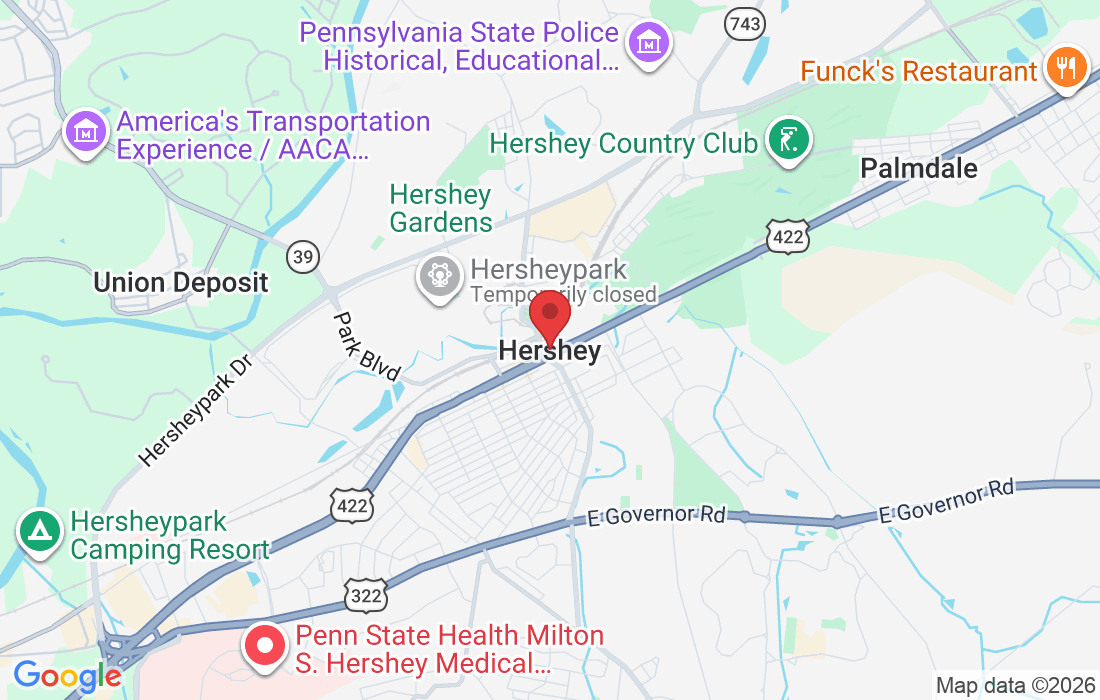Discover the best local businesses-by experiencing them.
Discover the best local businesses-by experiencing them.
Yokl is more than a food tour.
It is a local discovery platform, powered by experiences.
Check in with your favorite local brands.



Where Local Businesses Come Alive
Whether you’re exploring your own town or visiting for the first time, we help you discover places you’ll remember, return to, and recommend.
Why shop local?
When you spend $100 at a local big box chain, about $20 is reinvested in the community. But when you spend $100 at a locally owned business, about $60 is reinvested in the community.
Shopping local:
Keeps money circulating locally, strengthening small businesses and the overall community economy.
Supports local jobs and entrepreneurs who are personally invested in their neighborhoods.
Builds authentic relationships between customers and business owners, creating trust and loyalty.
Preserves the character, culture, and uniqueness that make communities vibrant and memorable.


What our community is saying..
How can Yokl help you?
Tell us a bit more...



